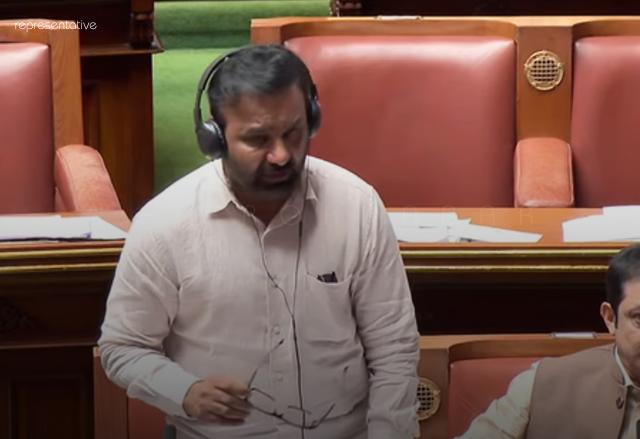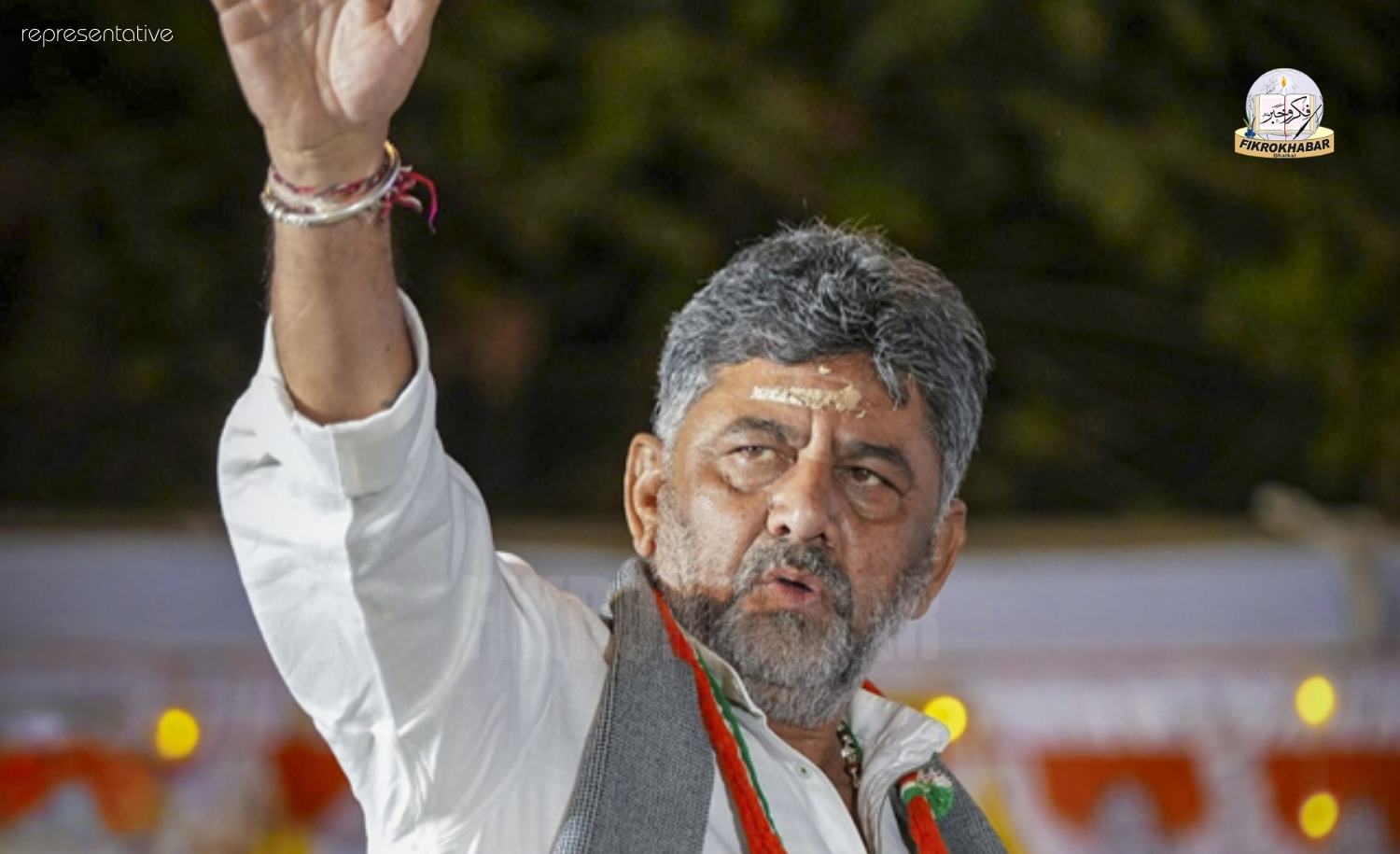Karnataka Assembly Approves Bill to Provide Social Security for Gig Workers

The Karnataka Platform-Based Gig Workers’ Social Security and Welfare Bill was introduced and passed after discussion in the Assembly. The bill aims to ensure social security for gig workers across the state.
Key features of the bill include the establishment of a Gig Workers’ Welfare Board, the creation of a welfare fund, the registration of platform-based gig workers, and mandatory registration for aggregators. Additionally, the bill introduces a dispute resolution mechanism and aims to provide reasonable security for gig workers.
The newly-formed welfare board will include four gig worker representatives, along with representatives from aggregators and civil society. It will oversee registrations and have the authority to mediate agreements between aggregators and gig workers to prevent arbitrary termination during disputes.
State Labour Minister Santosh Lad emphasized that the bill, a first for Karnataka, aims to protect gig workers who are employed by online platforms offering services like goods delivery, food and grocery delivery, logistics, e-commerce, health services, travel, and more.
Under Section 2E, a gig worker is defined as someone who performs tasks sourced through platforms in return for payment, based on a contract. Lad explained that the gig economy, encompassing millions of such workers, is growing rapidly, and the bill seeks to regulate this emerging sector.
The minister highlighted the booming e-commerce and food delivery industries, with reports projecting that by 2029-30, approximately 23.5 million gig workers will be employed nationwide. In Karnataka, around 4 lakh people are currently working as gig workers, both full-time and part-time.
He also pointed out that other countries, such as Spain, Singapore, South Korea, Indonesia, and Malaysia, have already implemented similar laws. Karnataka’s bill mirrors these efforts to provide legal protections for gig workers.
Minister Lad raised concerns about the challenges faced by workers, particularly those using two-wheelers. He cited issues like exposure to environmental pollution and excessive work hours. He shared a troubling anecdote about gig workers having to work 18 hours a day to earn just Rs 1,800, while enduring harmful levels of carbon monoxide and CO2.
Lad stressed that gig workers, especially those in transportation, face health risks equivalent to smoking 10 cigarettes a day, due to exposure to air pollution. “If they continue working under such conditions for 20 years, their future is at serious risk,” he stated.
The bill also stipulates the collection of a welfare fee ranging from 1% to 5%. However, the legislation is distinct from the Industrial Disputes Act and does not apply the Minimum Wages Act to gig workers.
BJP MLA S. Suresh Kumar welcomed the bill, recalling discussions he had in 2019 as the Labour Minister about the interests of gig workers. He also pointed out that while this was a positive step for the gig economy, the unorganized sector must not be left out. He suggested that the bill should also include outsourcing workers in sectors like Energy who lack social security.
Deputy Opposition Leader Arvind Bellad also praised the legislation, noting that NITI Aayog projects that by 2029-30, nearly 4.1% of the workforce, or around 2.5 crore people, will be employed as gig workers. Bellad also mentioned that other states like Bihar and Rajasthan have already enacted similar laws, and Karnataka’s move is a step in the right direction. However, he urged the government to consider including private sector workers in the scope of the bill.
This bill represents a major leap towards securing the rights and welfare of gig workers, setting a precedent for other states to follow.



